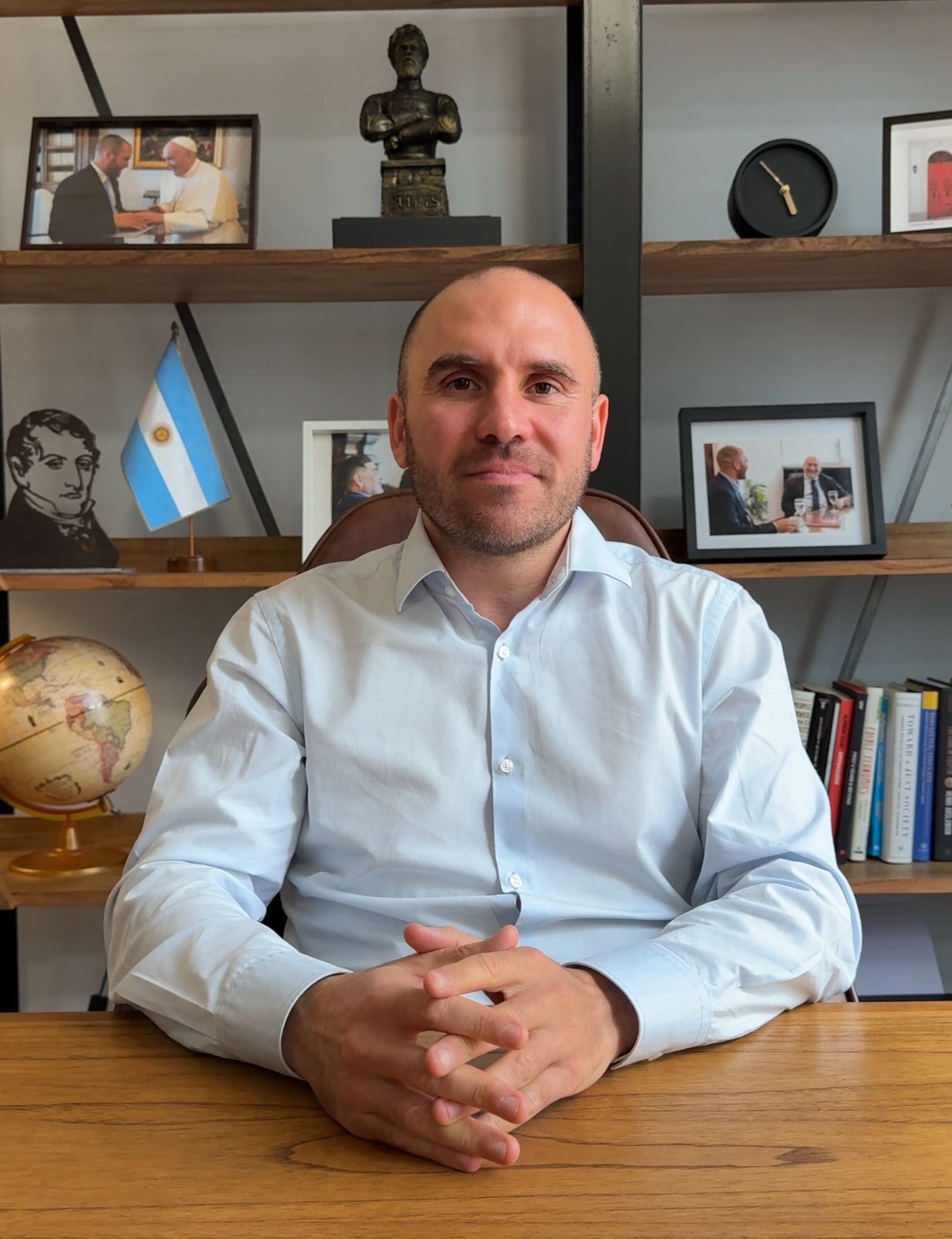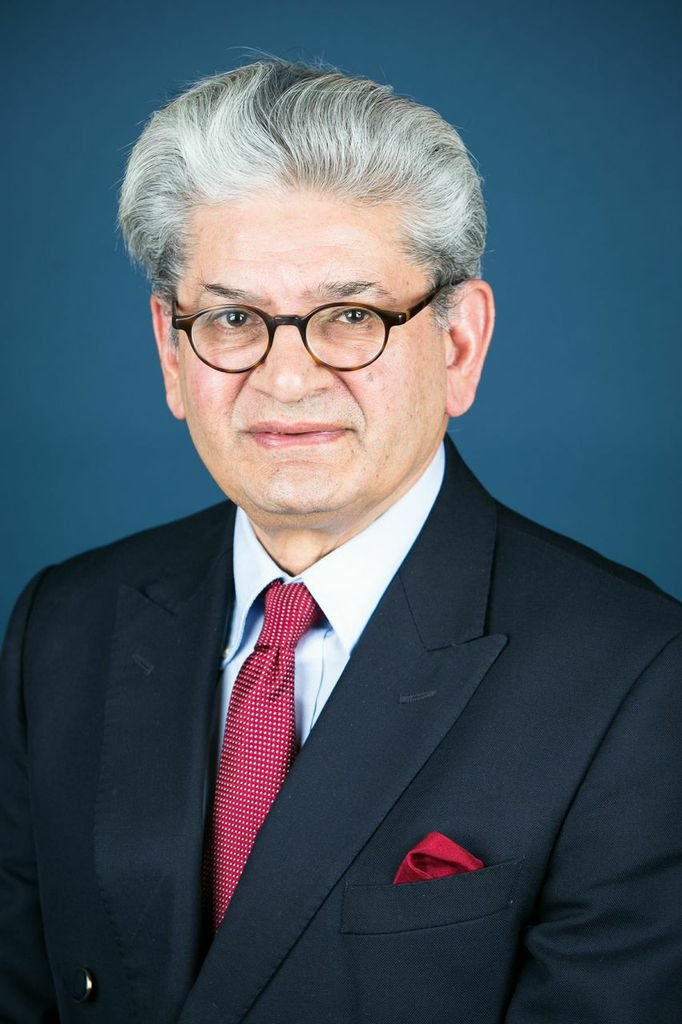Policy Brief #15
Different types of creditors have different political and financial claims and thus different — at times, divergent or conflictive — interests. This means that the burden-sharing exercise of sovereign debt restructuring is played out not just between debtors and creditors, but also between different types of creditors.
The private sector approach centred on collective action clauses (CACs) is not sufficient to solve the myriad problems, including those of inter-creditor and debtor-creditor equity, associated with sovereign debt restructuring.
In response to the deficiencies of the current approach, several policy measures to enhance the equity and efficiency of sovereign debt restructuring procedures should be considered. These include: tighter regulation of sovereign credit default swap (SCDS) contracts; the provision of a greater role for debt reprofiling and bondholder aggregation; the development of common rules and norms for valuing public and private concessions in sovereign debt restructurings; and the establishment of greater creditor rights for implicit creditors.
About the Authors
Martin Guzman
Co-President
Initiative for Policy Dialogue (IPD)
Martín Guzmán served as Minister of Economy of the Republic of Argentina (December 2019- July 2022).
He is a Research Scholar at the Columbia University School of Business and Director of the Sovereign Debt Restructuring Program of Columbia’s Initiative for Policy Dialogue. He is the executive director of the academic training program supported by the Institute for New Economic Thinking chaired by Professor Joseph Stiglitz at Columbia University Business School. He is a professor of Money, Credit, and Banking at the National University of La Plata. He has served as editor-in-chief of the Journal of Globalization and Development and is a member of the editorial board.
He is a member of the Pontifical Academy of Social Sciences in the Vatican and a member of the Scientific Board of the Trento Summer School in Adaptive Economic Dynamics at the University of Trento, Italy.
He holds a PhD. In Economics from Brown University, United States (2013). Prior to his doctoral studies, he received a Bachelor’s degree in Economics (2005) and a Master’s degree in Economics (2007) from the National University of La Plata, Argentina.
Domenico Lombardi
Director
Global Economy Program
CIGI
Domenico Lombardi is director of CIGI’s Global Economy program, overseeing the research direction of the program and related activities. He also serves as Chair of The Oxford Institute for Economic Policy and sits on the advisory boards of the Bretton Woods Committee in Washington, the G20 Research Group and the G8 Research Group at the University of Toronto, and the Istituto Affari Internazionali in Rome. Mr. Lombardi is a member of the Financial Times Forum of Economists and editor of the World Economics Journal.
In 2011, he served as the rapporteur for the High-Level Panel on the Governance of the Financial Stability Board. A year earlier, he was appointed by the World Bank Group’s Board of Directors as the External Reviewer to conduct the first independent review of the Group’s Oversight and Accountability Units. In 2009, Mr. Lombardi authored the report to the IMF Managing Director on IMF Governance Reform (“Fourth Pillar Report”). Prior to that, Mr. Lombardi’s distinguished career includes positions on the executive boards of major international financial institutions such as the International Monetary Fund and the World Bank.
His academic interests focus on the global economy and currencies, global governance, the G20, the G8, and the reform of the international financial and monetary system. His research has been published in peer-reviewed journals and has been referred to in Congressional and Parliamentary hearings around the world. He has testified before the U.S. Senate Committee on Banking, Housing, and Urban Affairs and the Subcommittee on Security and International Trade and Finance. Mr. Lombardi has an undergraduate degree summa cum laude in Banking and Finance from Bocconi University, Milan, and a Ph.D. in economics from Oxford University (Nuffield College).
Joseph Stiglitz
President
Initiative for Policy Dialogue (IPD)
Joseph E. Stiglitz is President of the Initiative for Policy Dialogue, and Chairman of the Committee on Global Thought at Columbia University. He is University Professor at Columbia, teaching in its Economics Department, its Business School, and its School of International and Public Affairs. He chaired the UN Commission of Experts on Reforms of the International Monetary and Financial System, created in the aftermath of the financial crisis by the President of the General Assembly. He is former Chief Economist and Senior Vice-President of the World Bank and Chairman of President Clinton’s Council of Economic Advisors. He was awarded the Nobel Memorial Prize in Economics in 2001.
Skylar Brooks
Research Associate
Global Economy Program
CIGI
Skylar Brooks is a research associate in the Global Economy program at CIGI and is a PhD student at the Balsillie School of International Affairs. His research interests coalesce around the global politics of money and finance, with particular focus on the international monetary system and sovereign debt governance. His previous projects have examined the political economy of global macroeconomic imbalances, the international power and politics surrounding the US dollar, and, most recently, the global governance of sovereign debt restructuring.
 Martín Guzmán
Martín Guzmán Joseph Stiglitz
Joseph Stiglitz Domenico Lombardi
Domenico Lombardi
 Arjun Jayadev
Arjun Jayadev Akbar Noman
Akbar Noman